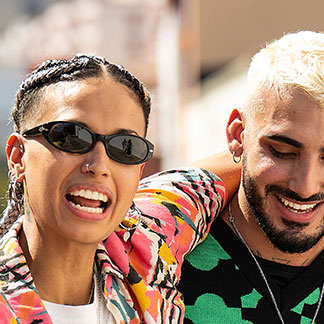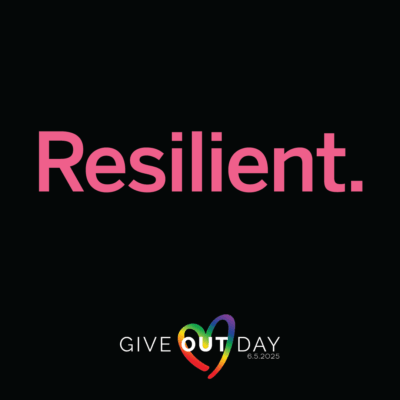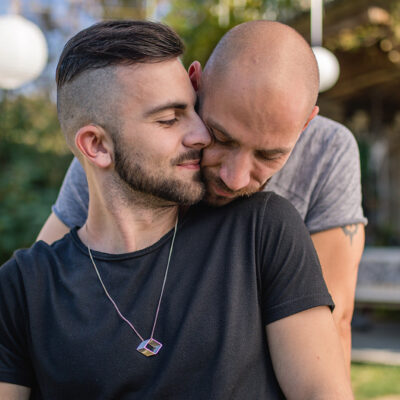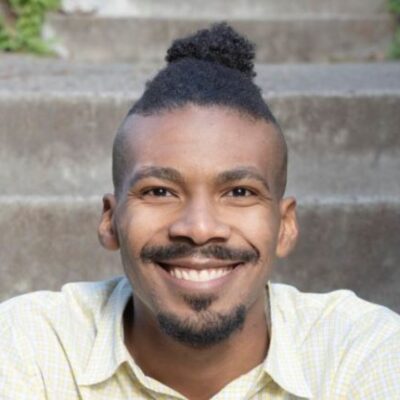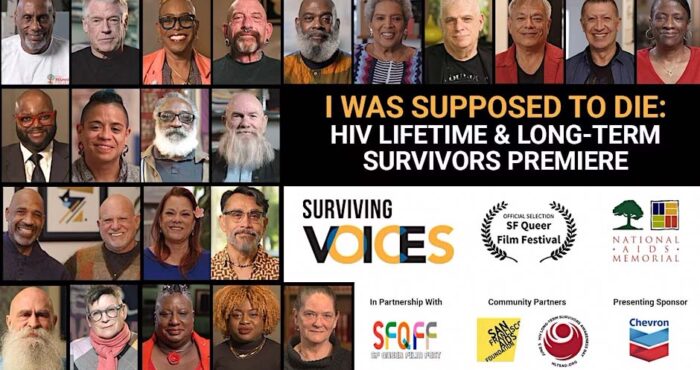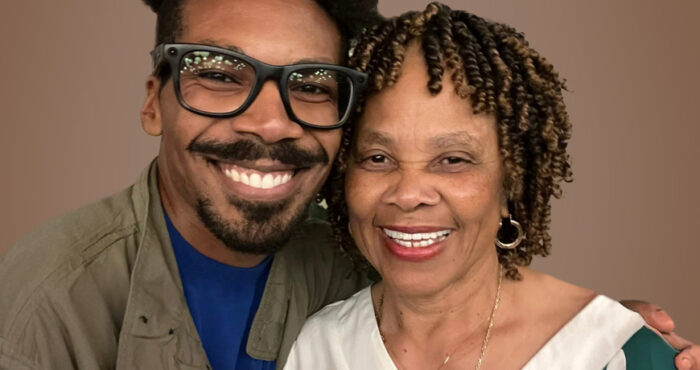Beyond the Screen: My Personal Connection to ‘Rustin’ and the Power of Visibility
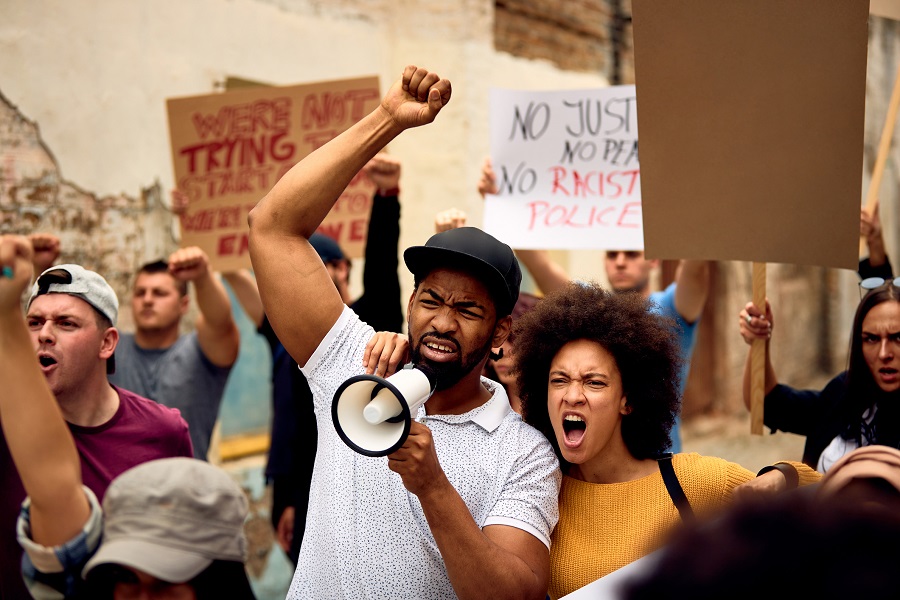
While watching “Rustin,” the recent film that beautifully portrays the life and work of civil rights organizer Bayard Rustin, I found myself deeply connected to the narrative. Witnessing Rustin’s exceptional skills as an organizer, his ability to argue, charm, coach, and compel with finesse, I felt an overwhelming sense of joy that his story was stepping out of the shadows and into living room TV screens.
In a world where stories of Black, gay men holding significant roles are often sidelined, I gravitated towards Rustin’s story. For me, and many others like me, Rustin is more than just a character in a film; he is a symbol of strength, resilience, and the power of authenticity.
I first encountered Rustin’s work, including his role in co-organizing the 1963 March on Washington, during my time at the University of Georgia. I read about him in the writings of Black lesbian feminist author and activist Barbara Smith.
Rustin’s belief in nonviolent protest is not just about maintaining dignity under attack; it’s about dismantling the violent structure of white supremacy by shaping public consciousness and strengthening political will. This strategy, that Rustin brilliantly championed, is evident even today as we continue to document and protest against acts of white supremacy. This film acts as an important introduction to one of the most influential civil rights leaders of the 20th century while providing a roadmap to those who aspire to follow in his footsteps.
The film, with George C. Wolfe at the helm and produced by names like President Barack Obama and Michelle Obama, starring Colman Domingo, does justice to Rustin’s identity as a Black gay man. There’s a powerful line in the film where Rustin says, “On the day that I was born Black, I was also born a homosexual,” which I found echoing the sentiments of another great civil rights figure and writer, James Baldwin.
Today, as I witness Rustin’s story reaching more people, I feel a surge of joy that is both personal and profound. This feeling is heightened by the journey I’ve been on with my own father, a journey of acceptance and change that mirrors the broader societal shift we’re witnessing today that has moved us to this moment where “Rustin” can be shown and discussed among mainstream culture.
I came out as gay to my family in Georgia when I was just 15 years old. My father, a traditional man who held conservative views, initially struggled with my revelation. He was steeped in homophobic beliefs that were prevalent in our community. To him, my coming out was not just a challenge to his notions of family, but a confrontation to his worldview.
Those early days were fraught with tension. I can still recall the awkward silences at the dinner table, the heated arguments, and the feeling of isolation within my own home. However, amidst the struggle, there was also an undercurrent of love and, with time, it was this love that paved the way for understanding.
Over the years, and driven by the love he still held for me, I’ve seen my father evolve in his beliefs. He began questioning the biases he’d held and started educating himself about the LGBTQIA+ community. He made an effort to understand my perspective and my experiences. His transformation wasn’t immediate, but the man he is today is vastly different from the man he was when I first came out.
Today, my father stands as one of my biggest supporters. He’s come a long way from his initial reaction. He’s done a complete 180, not just accepting me for who I am, but also becoming an ally to the LGBTQIA+ community.
Watching Rustin’s story gain wider recognition, I can’t help but think of my father. I think of the personal growth my dad has undergone, the judgments he’s unlearned, and the acceptance he’s embraced. It’s a reminder of the progress we’ve made and the barriers we’ve broken, not just on the societal level, but within our own homes and families.
Every time I see Rustin’s story reach another person, I am reminded of the power of visibility and representation. I am reminded of the transformations that are possible when we challenge our biases and open our hearts to understanding. And I am filled with hope for the future, because I’ve seen firsthand that change, while sometimes slow, is indeed possible.

